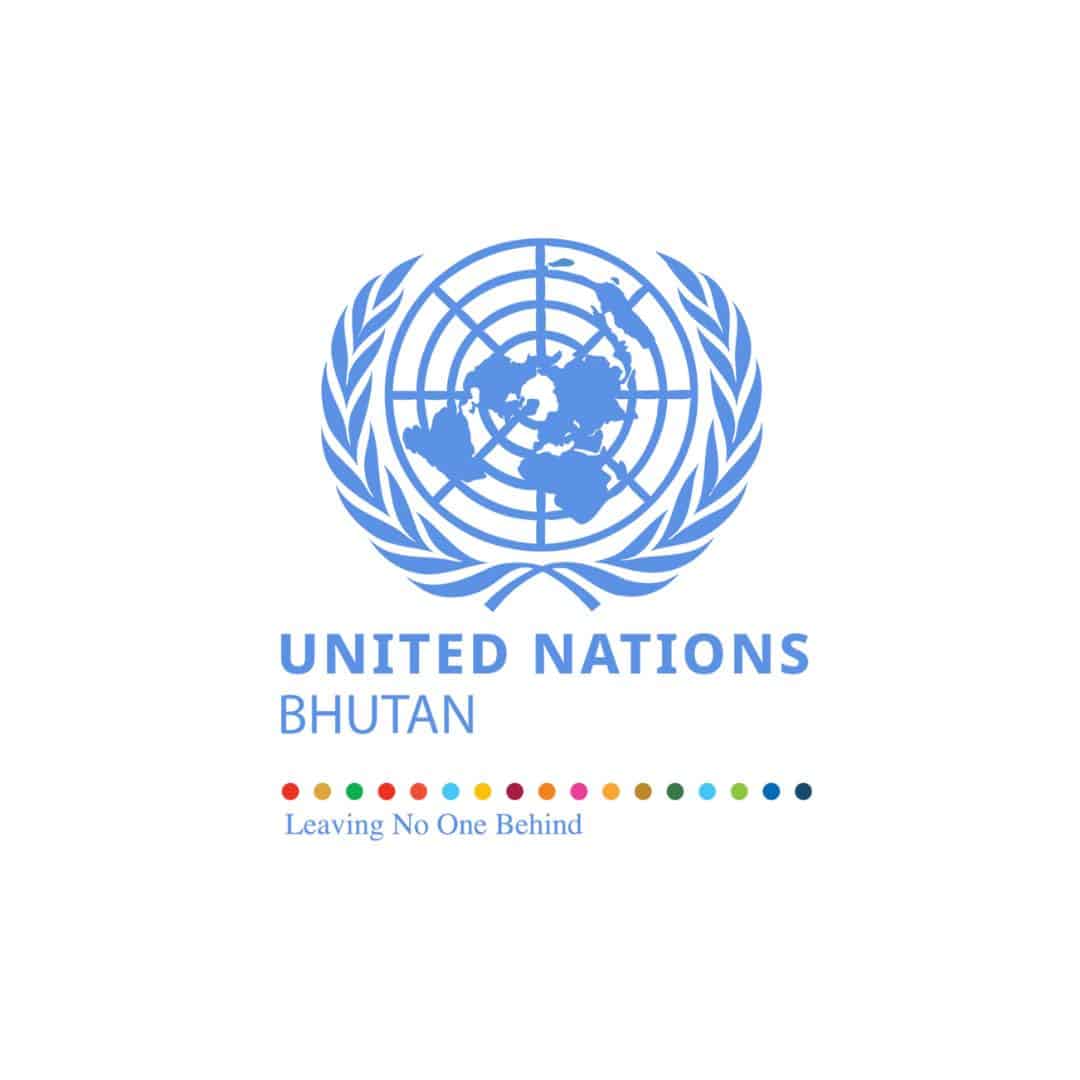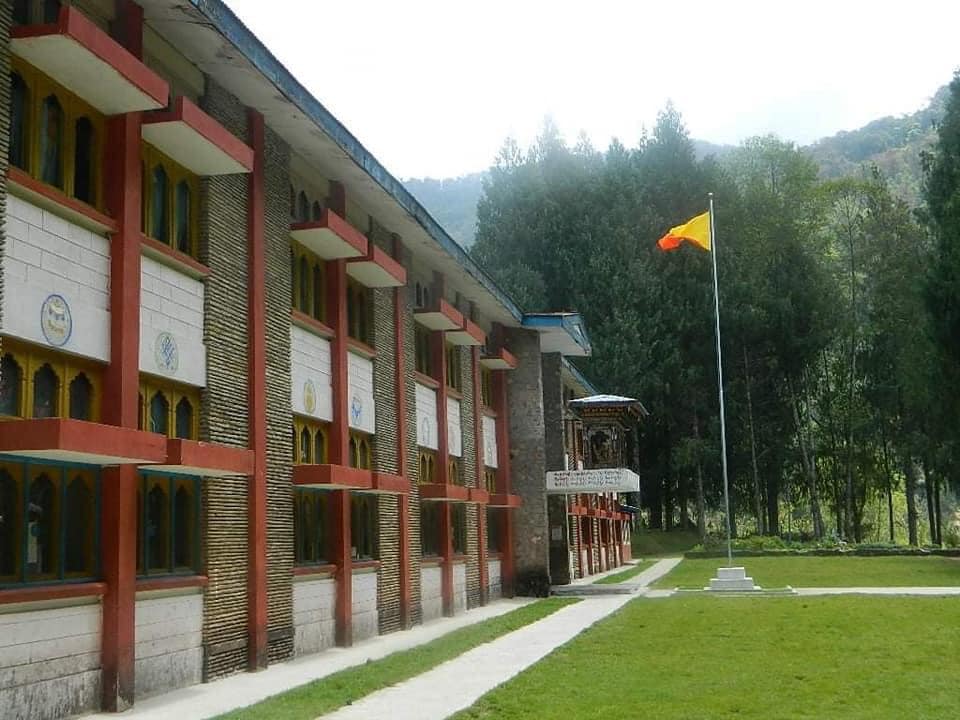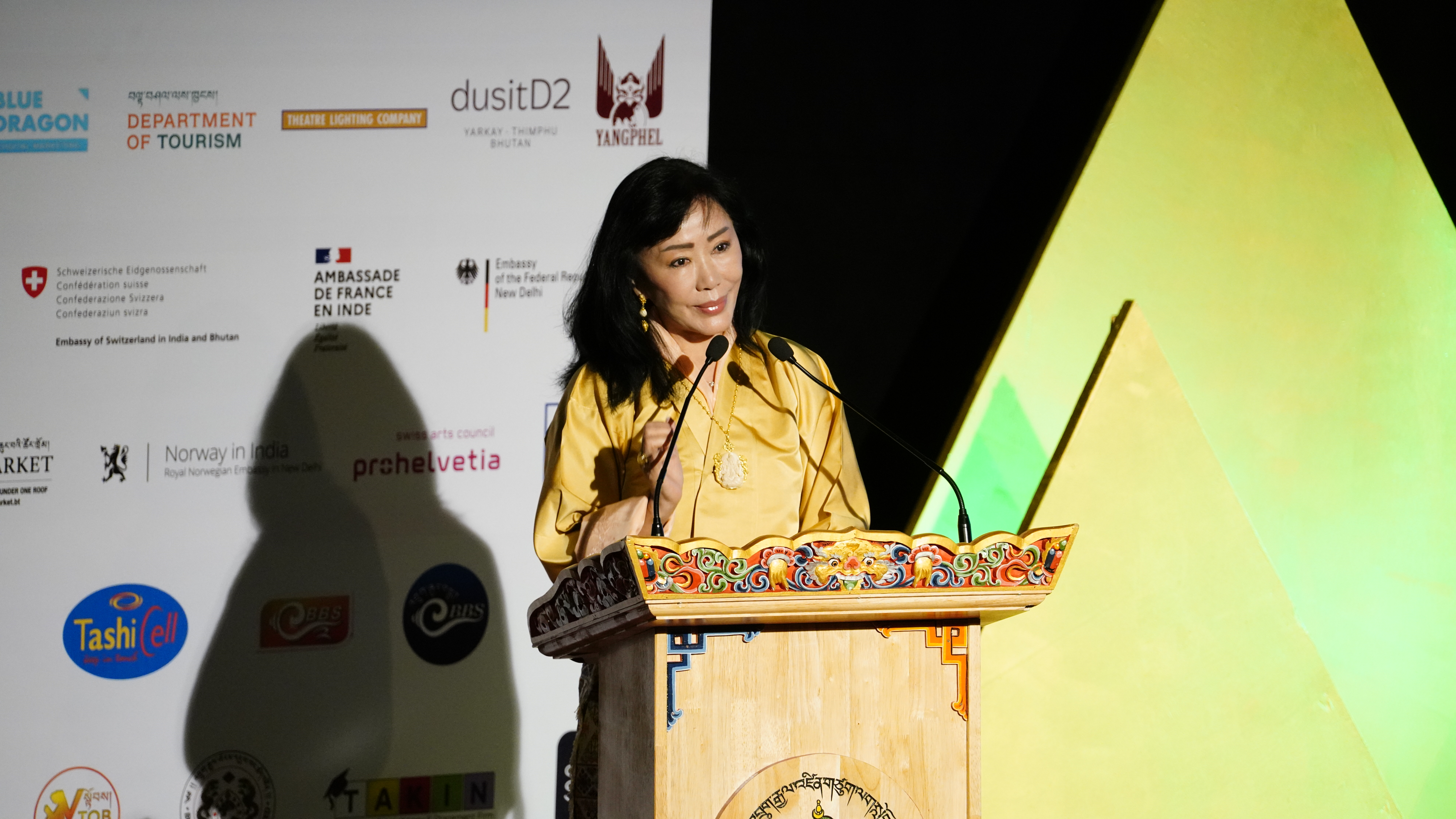With the second Local Governments (LGs) having completed their term last month, officials from the Election Commission of Bhutan (ECB) and aspiring local candidates are busy today in the Dhamngoi Zomdus (selection of candidates) for the third Local Government (LG) elections, which is scheduled on December 22.
The Dhamngoi Zomdus, which began on November 3, will continue till November 20, and candidates will start campaigning from November 25 till December 20; giving candidates almost 26 days for campaigning.
While it seemed earlier that the Covid-19 pandemic may disrupt the schedules of the LG elections, there is a heartening assurance from the ECB, which says that they are ready to conduct the elections even amid the pandemic in full compliance with all the Covid-19 safety protocols.
Besides providing mobile postal ballot facilitation booths to those above 65 years and people living with disabilities, the ECB this time also provided postal ballots to all registered voters residing outside their dzongkhags and made such a facility even available for those in the private sector. There is no denying that if most of the votes are cast through postal ballot, then the crowd or gathering at the polling stations will be reduced.
Meanwhile, the ECB has also been encouraging voters residing outside the dzongkhags to register and vote through postal ballots because of the pandemic. It also extended the postal ballot registration deadline until November 10 from the earlier deadline that was scheduled on November 1.
An increased voter turnout is important for a fair and representative LG election. Numerically, the voter turnout in the past LG elections had not been encouraging. The voter turnout in the second LG elections in 2016 was 55.8%, which was a slight decrease from 56.23% in the first LG elections.
The above figures also represent a majority of our people’s attitude towards the LG elections. There seems to be some sort of a lukewarm attitude or indifference among the voters when it comes to going to the polls and casting votes in the LG elections. It may perhaps be because the LG elections are not as big and as dramatic as the National Assembly or the National Council elections that not many people care to vote. It is perhaps also because the voters feel that the LG elections are not of much importance.
Such unwarranted perception about the LG elections is bad for the country’s democracy. This is because it’s only through strong and vibrant local governments we can ensure both active participation and purposeful accountability. It is at the level of LGs that the common people can be involved in decision-making concerning their lives, their needs and their development. The LGs must facilitate the direct participation of people in their own development. This is how the LGs strengthen democracy.














